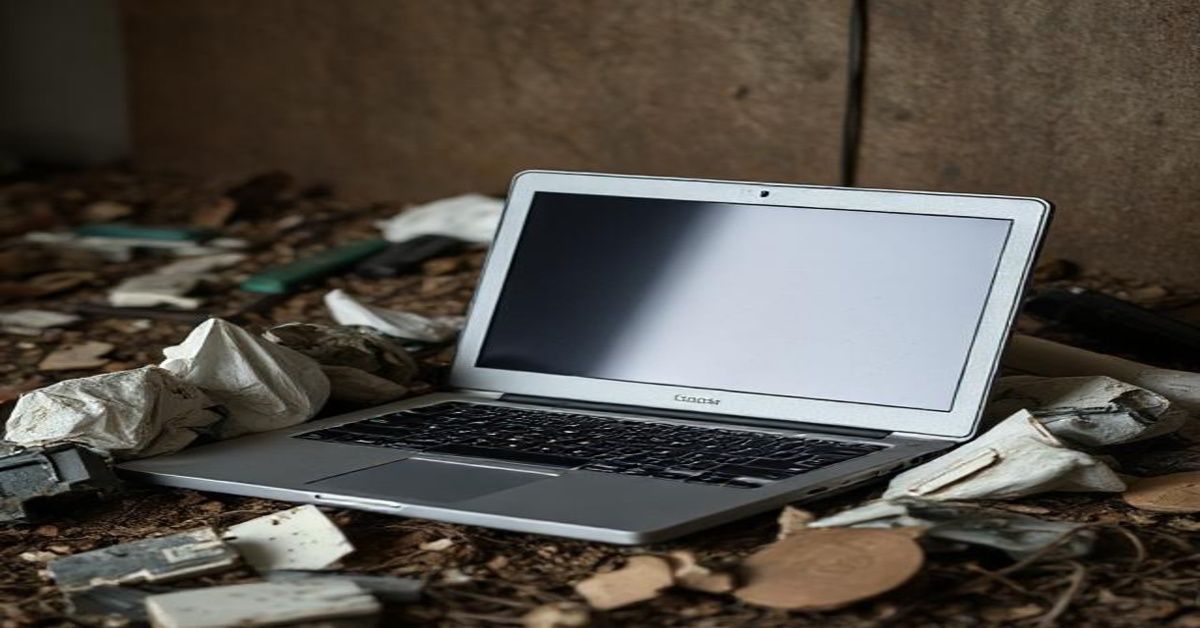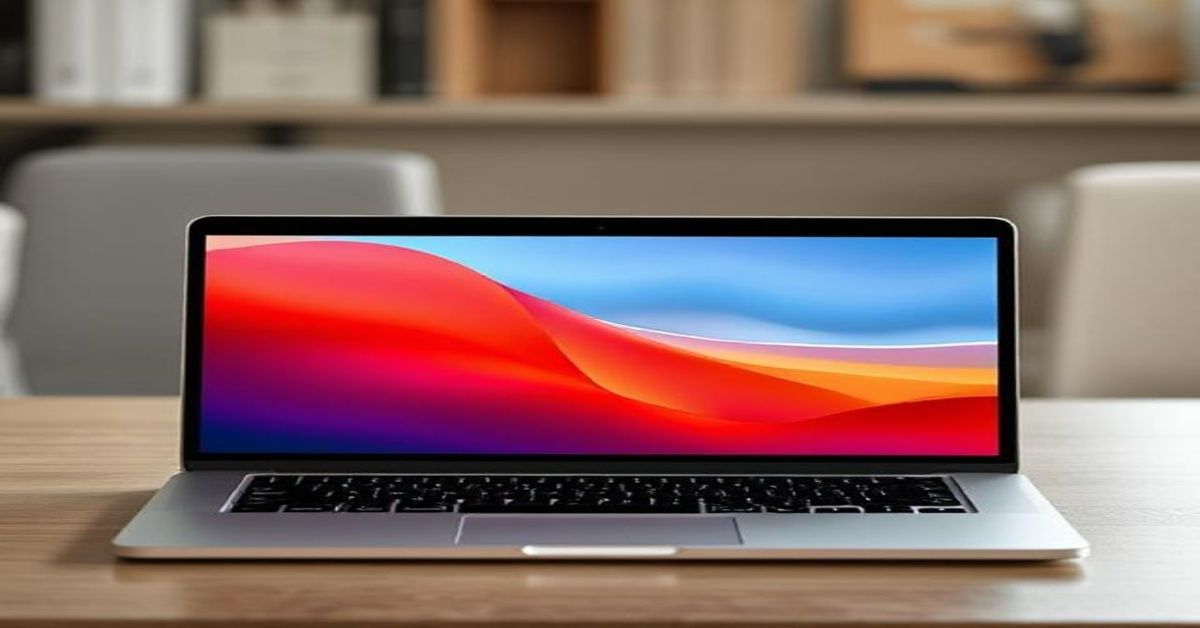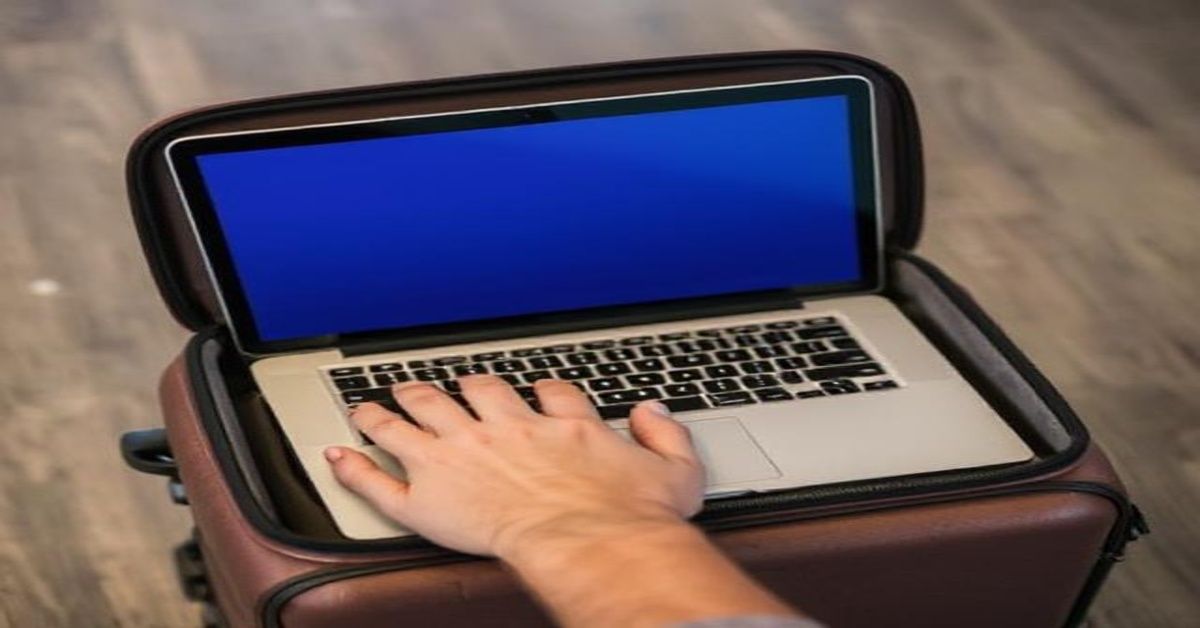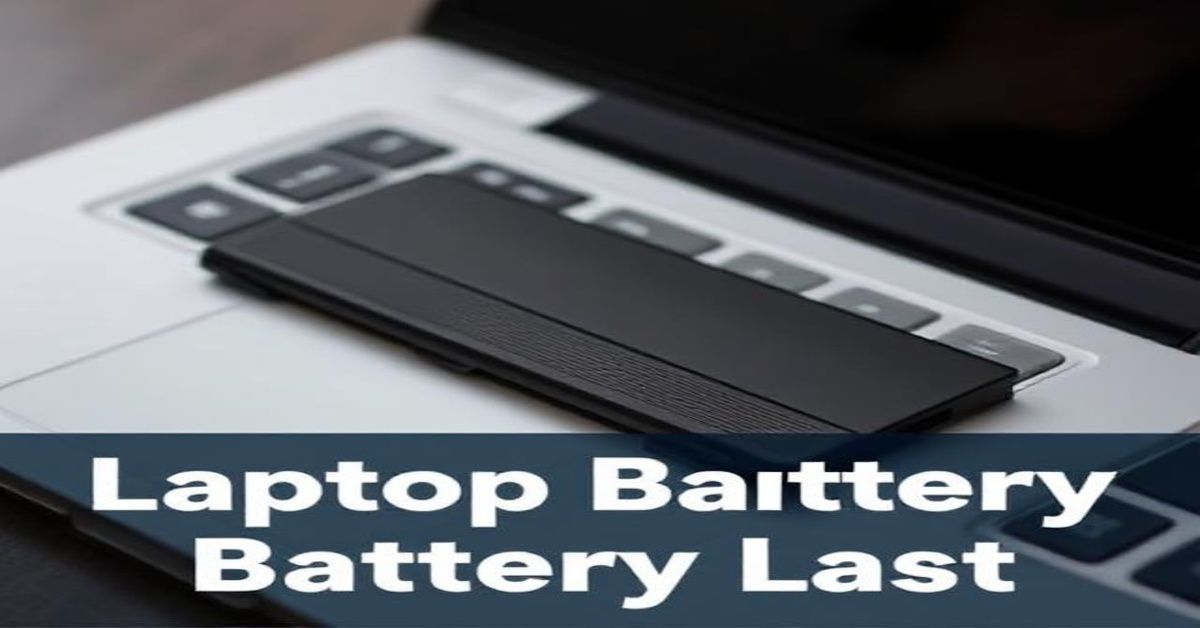Upgrading to a new laptop feels like opening a fresh chapter, with faster performance, sleeker design, and endless possibilities. But what happens to the old, loyal laptop that’s been by your side for years? Tossing it in the trash isn’t just careless, but it’s risky for both your privacy and the planet. This guide helps you say goodbye to your old laptop with care and protecting your personal data, reducing e-waste, and doing right by the environment, step by step.
Why Proper and Secure Old Laptop Disposal Matters
Your old laptop isn’t just full of outdated files; it holds personal memories and sensitive data like passwords and bank details, making careless disposal risky. It’s also harmful to the planet, as a laptop contains toxic materials like lead and mercury that can pollute soil and water. Proper disposal protects your privacy, prevents waste, and, if donated, can help someone in need.
1. Environmental Impact of Throwing Away an Old Laptop
Throwing a laptop into the trash adds to the global e-waste crisis. Plastic and metal components take decades to decompose, while toxic substances like cadmium and lead seep into the ground, poisoning plants, animals, and even humans.
Certified e-waste recycling programs ensure these hazardous materials are safely managed while recovering valuable metals such as copper and aluminum for reuse.
2. Health Risks of an Improper Laptop Disposal
Improper disposal doesn’t just harm the environment; it harms us. Toxic chemicals released into soil, water, or air can cause respiratory problems, nerve damage, and other serious health issues. Professional recycling services follow strict safety protocols to keep these harmful substances contained.
3. Data Security Risks When Disposing of a Laptop
Thinking twice before deleting files is enough? Think again. Skilled hackers can recover data even after a factory reset. Your old laptop may still store personal photos, financial details, or confidential work files. Secure data wiping or physically destroying the hard drive is the only way to ensure your information remains private.
4. Risks of Data Breaches and Financial Losses
An improperly discarded laptop can cost you more than peace of mind. Hackers may steal your financial data or use it for fraud. Businesses risk legal trouble and reputation damage if sensitive client or employee data is leaked. Erasing or destroying the hard drive is a simple step that prevents these costly risks.
Step-by-Step Guide to Safely Dispose of Old Laptop
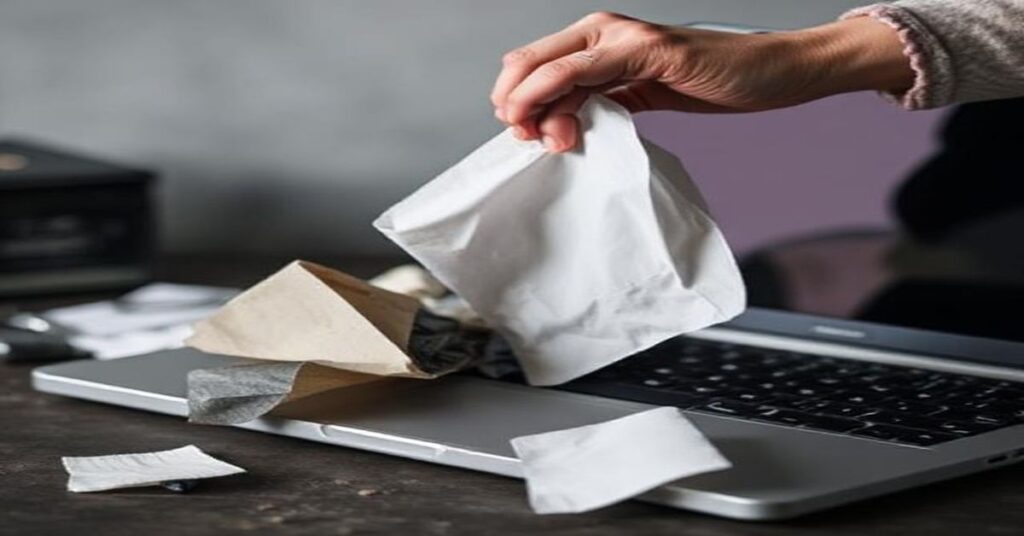
Think of this step-by-step guide as a final act of respect for the device that served you so well.
1. Back Up Your Information Before Disposal
Save important files, photos, and documents by transferring them to an external hard drive, USB stick, or cloud storage services such as iCloud, Mega, or pCloud.If you’re upgrading, use migration tools to ensure nothing gets lost. Don’t forget to back up software license keys, emails, and bookmarks.
2. Erase or Destroy Your Laptop Hard Drive
Factory resets aren’t enough. Use trusted tools like DBAN, CCleaner, or Eraser to overwrite data multiple times, making recovery nearly impossible. For SSDs, always use manufacturer-recommended tools, as they handle data differently.
3. Physically Destroy the Hard Drive for More Security
If your laptop stores sensitive or confidential information, go one step further: remove the hard drive and drill holes through it, smash it with a hammer, or use professional shredding services. Once damaged, the data is unrecoverable even with advanced tools.
4. Delete Browser History and Saved Passwords
Before disposal, clear every browser’s saved passwords, cookies, and autofill information. Also, uninstall extensions and disconnect synced accounts. This ensures no one can access your personal logins.
5. Sign Out and Deauthorize All Accounts
Log out of email, cloud, and social accounts. Deauthorize software subscriptions like Microsoft Office, Adobe, or iTunes. This ensures no one can accidentally (or intentionally) use your accounts if the laptop is reused.
6. Recycle or Donate Your Laptop the Right Way
If it’s still functional, donate it to schools, charities, or community centers where it can serve someone in need. For a broken or outdated laptop, certified e-waste recycling centers or retailer take-back programs are the best options. They ensure toxic materials are handled responsibly while salvaging reusable parts.
Eco-Friendly Disposal: Trust the Professionals

Professional recycling services are the safest and most eco-friendly way to dispose of your laptop. Certified recyclers follow strict environmental standards, recover valuable metals, and safely manage hazardous components. Many also provide data destruction certificates, giving you complete peace of mind.
Choosing professional e-waste services isn’t just about convenience; it’s a commitment to protecting your privacy and supporting a clean tech future.
A Graceful Goodbye to an Old Companion
Your laptop has been more than just a gadget; it has been a trusted companion through late-night work sessions, creative breakthroughs, and countless memories. Saying goodbye mindfully is more than disposal; it’s a small act of respect. Whether you donate, recycle, or securely wipe it, you’re contributing to a cleaner planet, safeguarding your privacy, and giving your old device a meaningful second life.
FAQ’s
1. How do I dispose of an old laptop safely?
Recycle through certified centers or donate to schools and charities. Never throw it in the trash.
2. Should I destroy my hard drive before recycling?
Yes, especially if it has sensitive data. Physical destruction guarantees no one can recover your information.
3. How to clear a laptop before disposal?
For Windows 10, go to Settings > Update & Security > Recovery, select Reset this PC, and choose Remove everything.
4. Can I donate a laptop that’s a few years old?
Yes, as long as it’s a simple working laptop. Many schools, charities, and local groups are happy to accept it for students or people in need.
5. Why should I use professional e-waste recycling services?
They handle toxic materials safely, recover reusable components, and ensure secure data destruction.
Conclusion:
Disposing of an old laptop is more than ticking off a task; it’s an intentional choice that protects your personal data, helps the planet, and may benefit someone else. Back up your files, wipe or destroy the hard drive, and choose donation or certified recycling. A few careful steps can help you say goodbye to your old laptop in a way that’s safe, responsible, and better for the environment.
